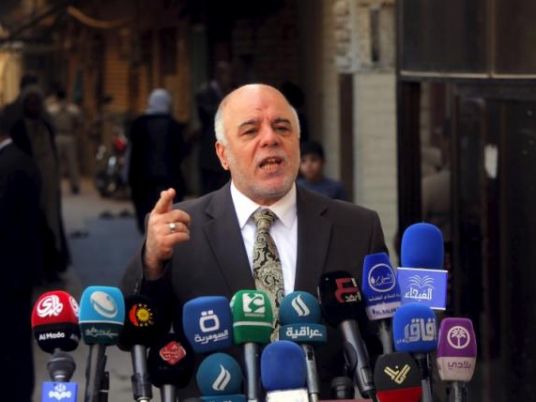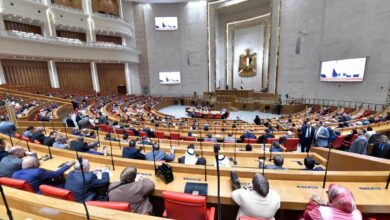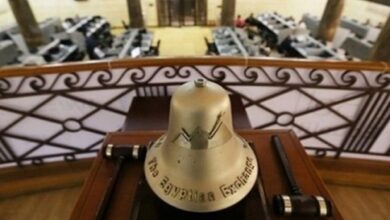
A top Iraqi court on Tuesday declared unconstitutional a parliament session in which deputies had approved a partial cabinet reshuffle, scrapping Prime Minister Haider al-Abadi's clearest gain in a months-long political crisis.
The judgment is a setback for Abadi's bid to replace ministers — chosen to balance Iraq's divisions along party, ethnic and sectarian lines — with technocrats. He has warned that delays to the process could hamper the war against Islamic State which controls much of north and west Iraq.
A dozen disruptive lawmakers forced nearly 200 other MPs to leave the main chamber on April 26 and vote in a separate hall to approve Abadi's appointment of five ministers as part of an anti-corruption push.
Dissenting MPs had blocked the vote for weeks, and days later supporters of powerful Shi'ite Muslim cleric Moqtada al-Sadr stormed the parliament complex, hindering progress for several more weeks.
Parliament's decision in April "cannot be considered valid even if the required quorum of MPs were present," a statement from the Federal Court said, without explaining the legal justification.
The military's campaign to retake Falluja, just west of Baghdad, has moved the spotlight away from the political crisis. But parliament, which went into recess for the Muslim holy month of Ramadan, is expected to reconvene by mid-July.
"The five ministers who were approved by parliament at the April 26th session have lost their ministerial status. The prime minister must make a new nomination for parliament to vote on," said Iraqi legal expert Tariq Harb, who added that the ruling was final and not open to appeal.
The court cited a lack of quorum in another decision on Tuesday to invalidate a separate session in which dissenting lawmakers had voted to replace the parliament speaker.




